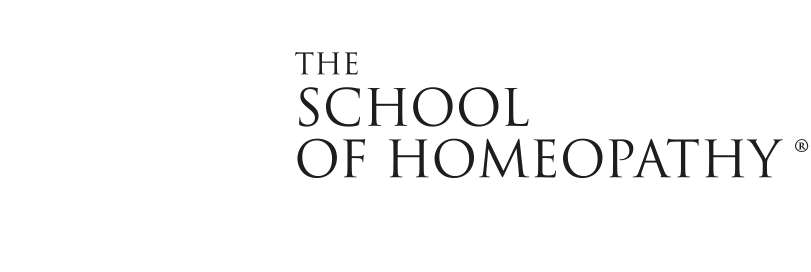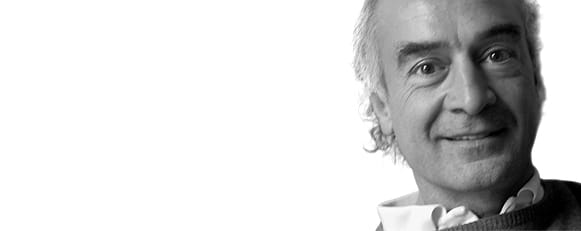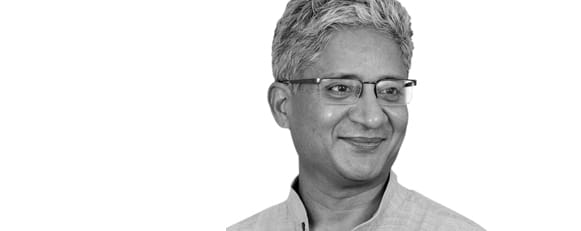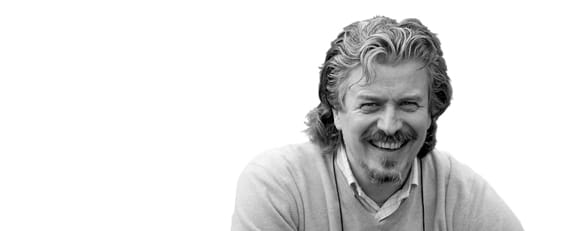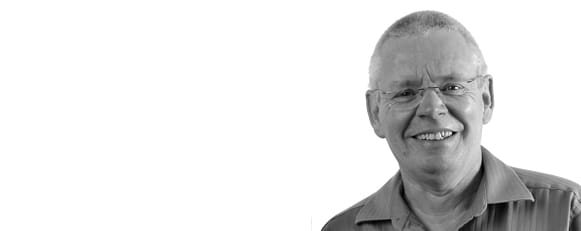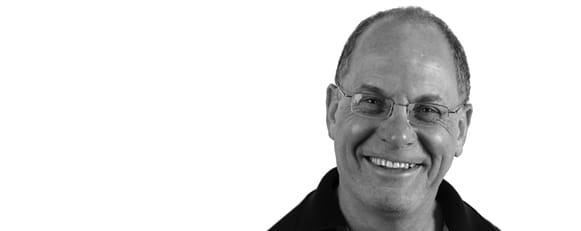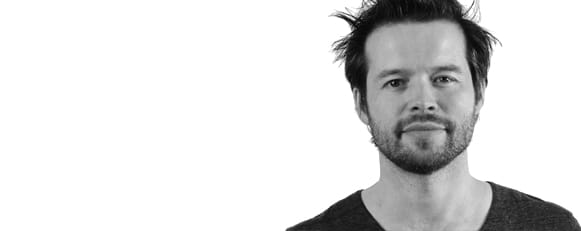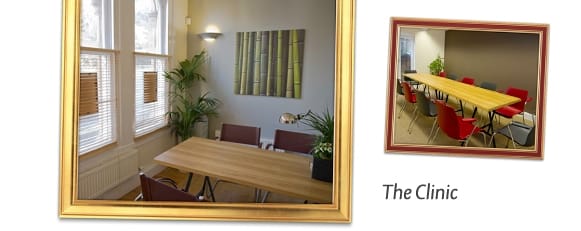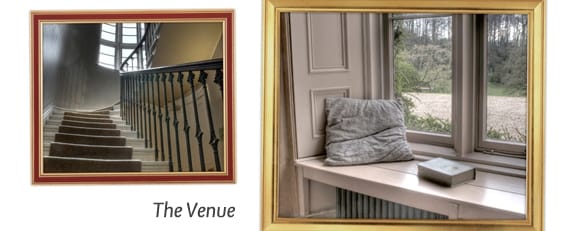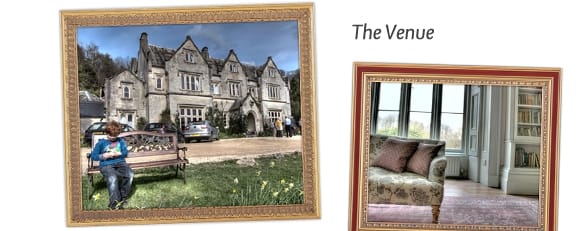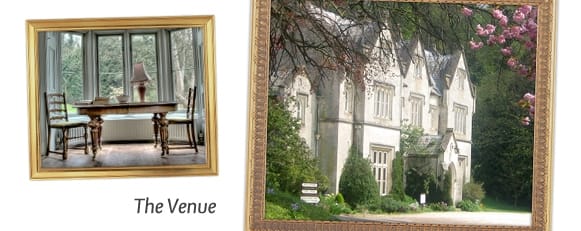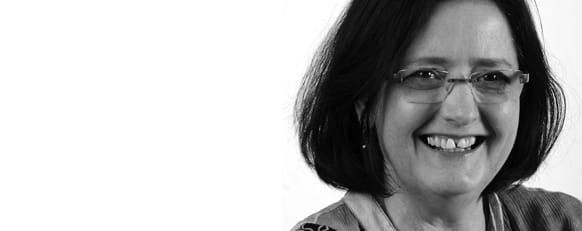
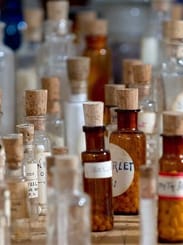
Aphorism 221-230
§ 221
If, however, insanity or mania (caused by fright, vexation, the abuse of spirituous liquors, etc.) have suddenly broken out as an acute disease in the patient’s ordinary calm state, although it almost always arises from internal psora, like a flame bursting forth from it, yet when it occurs in this acute manner it should not be immediately treated with antipsoric, but in the first place with remedies indicated for it out of the order class of proved medicaments (e.g., aconite, belladonna, stramonium, hyoscyamus, mercury, etc.) in highly potentized, minute, homoeopathic doses, in order to subdue it so far that the psora shall for the time revert to its former latent state, wherein the patient appears as if quite well.
§ 222
But such a patient, who has recovered from an acute mental or emotional disease by the use of these non-antipsoric medicines, should never be regarded as cured; on the contrary, no time should be lost in attempting to free him completely,1 by means of a prolonged antipsoric treatment, from the chronic miasm of the psora, which, it is true, has now become once more latent but is quite ready to break out anew; if this be done, there is no fear of another similar attack, if he attend faithfully to the diet and regimen prescribed for him.
1 It very rarely happens that a mental or emotional disease of long standing ceases spontaneously (for the internal dyscrasia transfers itself again to the grosser corporeal organs); such are the few cases met with now and then, where a former inmate of a madhouse has been dismissed apparently recovered. Hitherto, moreover, all madhouses have continued to be chokefull, so that the multitude of other insane persons who seek for admission into such institutions could scarcely find room in them unless some of the insane in the house died. Not one is ever really and permanently cured in them! A convincing proof, among many others, of the complete nullity of the non-healing art hitherto practised, which has been ridiculously honored by allopathic ostentation with the title of rational medicine. How often, on the other hand, has not the true healing art, genuine pure homoeopathy, been able to restore such unfortunate beings to the possession of their mental and corporeal health, and so give them back again to their delighted friends and to the world!
§ 223
But if the antipsoric treatment be omitted, then we may almost assuredly expect, from a much slighter cause than brought on the first attack of the insanity, the speedy occurrence of a new and more lasting the severe fit, during which the psora usually develops itself completely, and passes into either a periodic or continued mental derangement, which is then more difficult to be cured by antipsorics.
§ 224
If the mental disease be not quite developed, and if it be still somewhat doubtful whether it really arose from a corporeal affection, or did not rather result from faults of education, bad practices, corrupt morals, neglect of the mind, superstition or ignorance; the mode of deciding this point will be, that if it proceed from one or other of the latter causes it will diminish and be improved by sensible friendly exhortations, consolatory arguments, serious representations and sensible advice, whereas a real moral or mental malady, depending on bodily disease, would be speedily aggravated by such a course, the melancholic would become still more dejected, querulous, inconsolable and reserved, the spiteful maniac would thereby become still more exasperated, and the chattering fool would become manifestly more foolish.1
1 It would seem as though the mind, in these cases, felt with uneasiness and grief the truth of these rational representations and acted upon the body as it wished to restore the lost harmony, but that the body, by means of its disease, reacted upon the organs of the mind and disposition and put them in still greater disorder by a fresh transference of its sufferings on to them.
§ 225
There are, however, as has just been stated, certainly a few emotional diseases which have not merely been developed into that form out of corporeal diseases, but which, in an inverse manner, the body being but slightly indisposed, originate and are kept up by emotional causes, such as continued anxiety, worry, vexation, wrongs and the frequent occurrence of great fear and fright. This kind of emotional diseases in time destroys the corporeal health, often to a great degree.
§ 226
It is only such emotional diseases as these, which were first engendered and subsequently kept up by the mind itself, that, while they are yet recent and before they have made very great inroads on the corporeal state, may, by means of psychical remedies, such as a display of confidence, friendly exhortations, sensible advice, and often by a well-disguised deception, be rapidly changed into a healthy state of the mind (and with appropriate diet and regimen, seemingly into a healthy state of the body also.)
§ 227
But the fundamental cause in these cases also is a psoric miasm, which was only not yet quite near its full development, and for security’s sake, the seemingly cured patient should be subjected to a radical, antipsoric treatment, in order that he may not again, as might easily occur, fall into a similar state of mental disease.
§ 228
In mental and emotional diseases resulting from corporeal maladies, which can only be cured by homoeopathic antipsoric medicine conjoined with carefully regulated mode of life, an appropriate psychical behavior towards the patient on the part of those about him and of the physician must be scrupulously observed, by way of an auxiliary mental regimen. To furious mania we must oppose clam intrepidity and cool, firm resolution – to doleful, querulous lamentation, a mute display of commiseration in looks and gestures – to senseless chattering, a silence not wholly inattentive – to disgusting and abominable conduct and to conversation of a similar character, total inattention. We must merely endeavor to prevent the destruction and injury of surrounding objects, without reproaching the patient for his acts, and everything must be arranged in such a way that the necessity for any corporeal punishments and tortures1 whatever may be avoided. This is so much the more easily effected, because in the administration of the medicine – the only circumstance in which the employment of coercion could be justified – in the homoeopathic system the small doses of the appropriate medicine never offend the taste, and may consequently be given to the patient without his knowledge in his drink, so that all compulsion is unnecessary.
1 It is impossible to marvel at the hard-heartedness and indiscretion of the medical men in many establishments for patients of this kind, who, without attempting to discover the true and only efficacious mode of curing such disease, which is by homoeopathic medicinal (antipsoric) means, content themselves with torturing these most pitiable of all human beings with the most violent blows and other painful torments. By this unconscientious and revolting procedure they debase themselves beneath the level of the turnkeys in a house of correction, for the latter inflict such chastisement as the duty devolving on their office, and on criminals only, whilst the former appear, from a humiliating consciousness of their uselessness as physicians, only to vent their spite at the supposed incurability of mental diseases in harshness towards the pitiable, innocent sufferers, for they are too ignorant to be of any use and too indolent to adopt a judicious mode of treatment.
§ 229
On the other hand, contradiction, eager explanations, rude corrections and invectives, as also weak, timorous yielding, are quite out of place with such patients; they are equally pernicious modes of treating mental and emotional maladies. But such patients are most of all exasperated and their complaint aggravated by contumely, fraud, and deceptions that they can detect. The physician and keeper must always pretend to believe them to be possessed of reason.
All kinds of external disturbing influences on their senses and disposition should be if possible removed; there are no amusements for their clouded spirit, no salutary distractions, no means of instruction, no soothing effects from conversation, books or other things for the soul that pines or frets in the chains of the diseased body, no invigoration for it, but the care; it is only when the bodily health is changed for the better that tranquillity and comfort again beam upon their mind.1
1 Foot-note in Sixth Edition only.
The treatment of the violent insane manic and melancholic can take place only in an institution specially arranged for their treatment but not within the family circle of the patient.
§ 230
If the antipsoric remedies selected for each particular case of mental or emotional disease (there are incredibly numerous varieties of them) be quite homoeopathically suited for the faithfully traced picture of the morbid state, which, if there be a sufficient number of this kind of medicines known in respect of their pure effects, is ascertained by an indefatigable search for the most appropriate homoeopathic remedy all the more easily, as the emotional and mental state, constituting the principal symptom of such a patient, is so unmistakably perceptible, – then the most striking improvement in no very long time, which could not be brought about by physicking the patient to death with the largest oft – repeated doses of all other unsuitable (allopathic) medicines. Indeed, I can confidently assert, from great experience, that the vast superiority of the homoeopathic system over all other conceivable methods of the treatment is nowhere displayed in a more triumphant light than in mental and emotional diseases of long standing, which originally sprang from corporeal maladies or were developed simultaneously with them.
I have now, after eighteen months of work, finished the sixth edition of my Organon, the most nearly perfect of all.
Samuel Hahnemann
